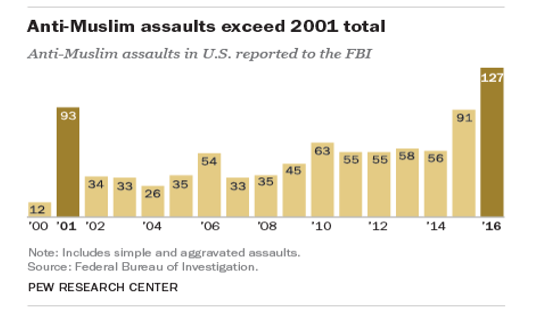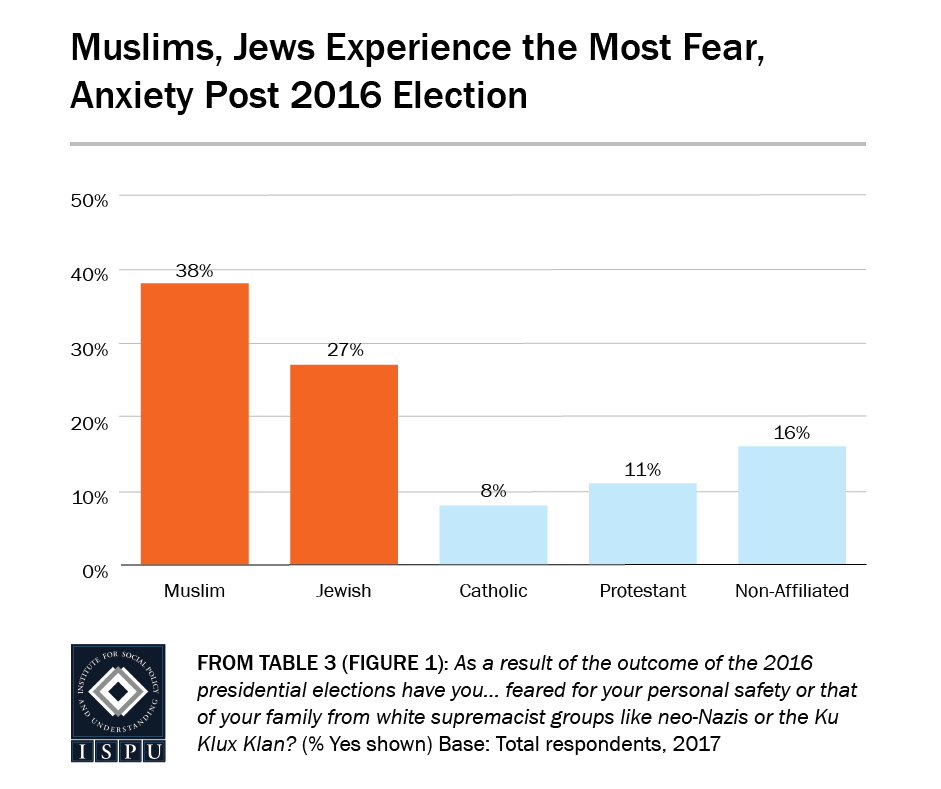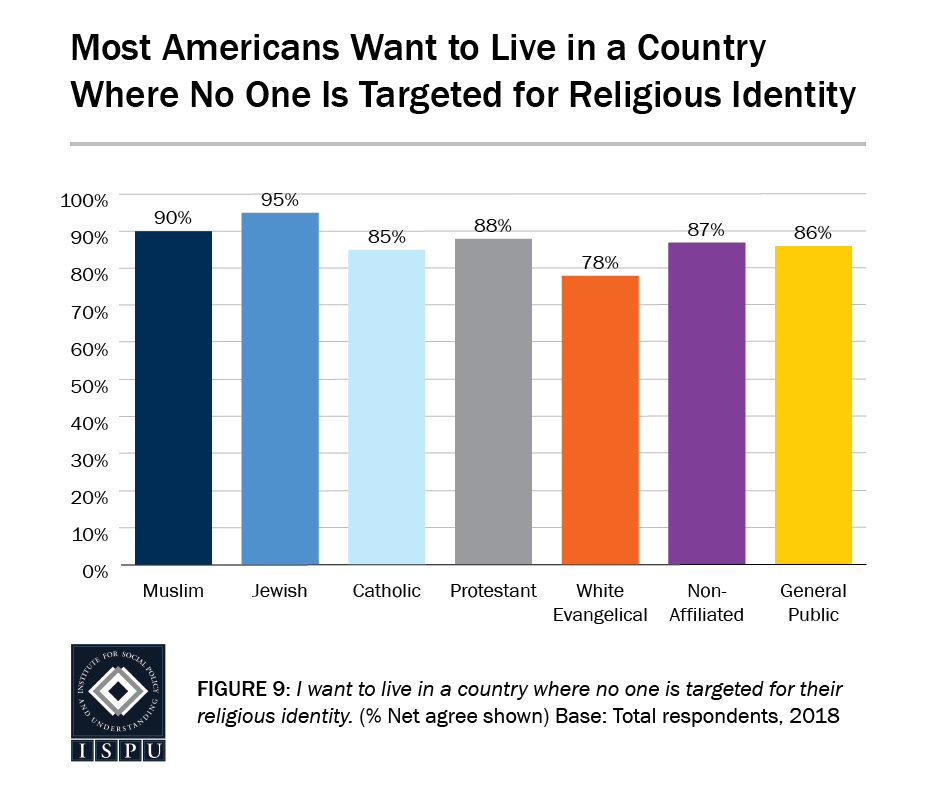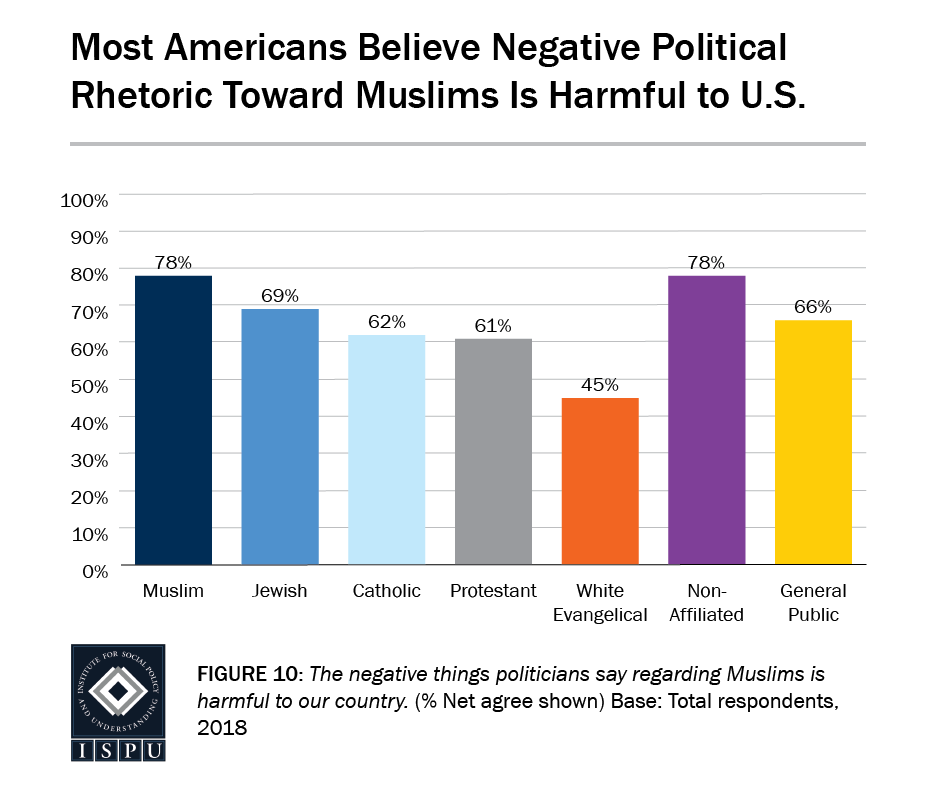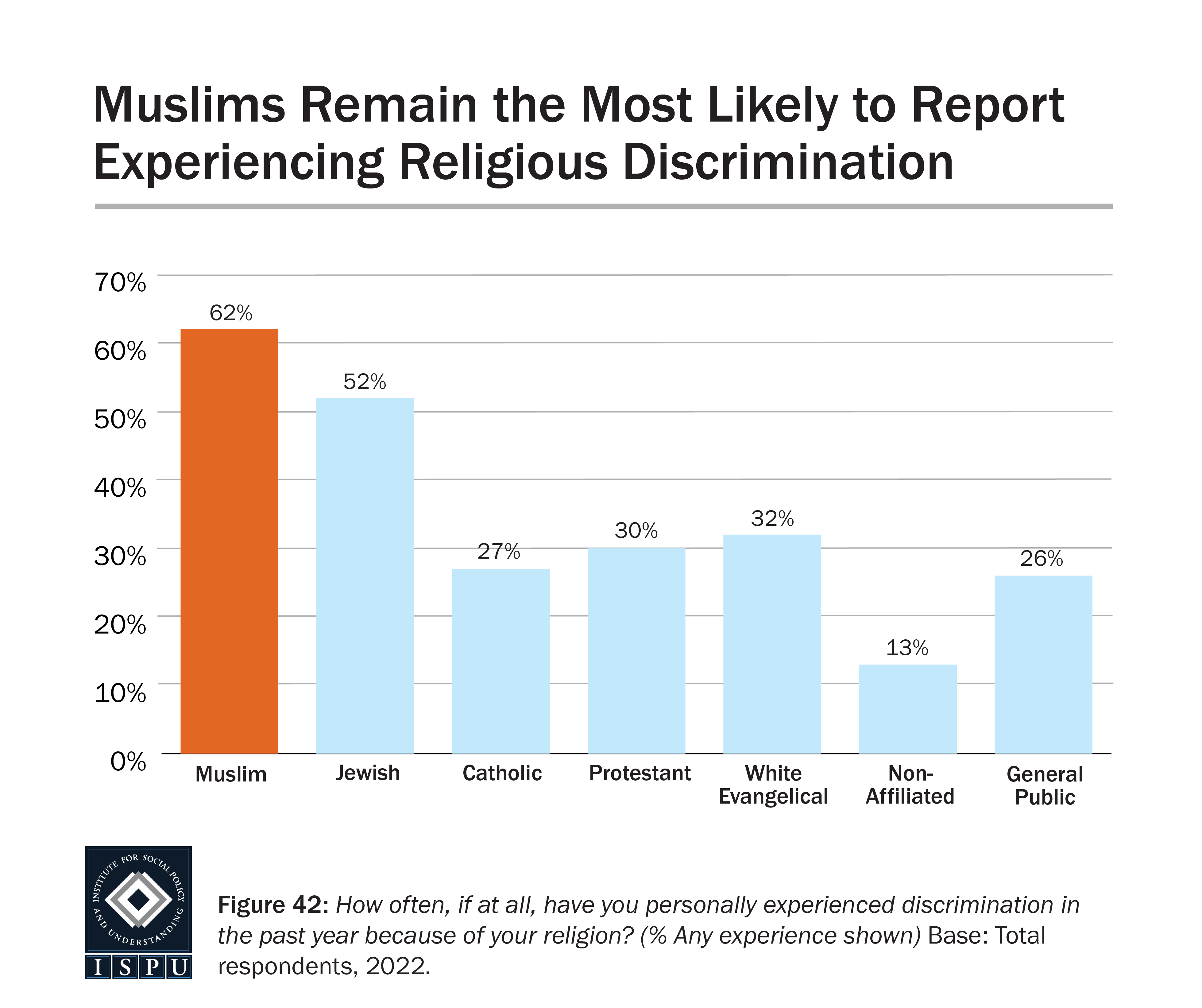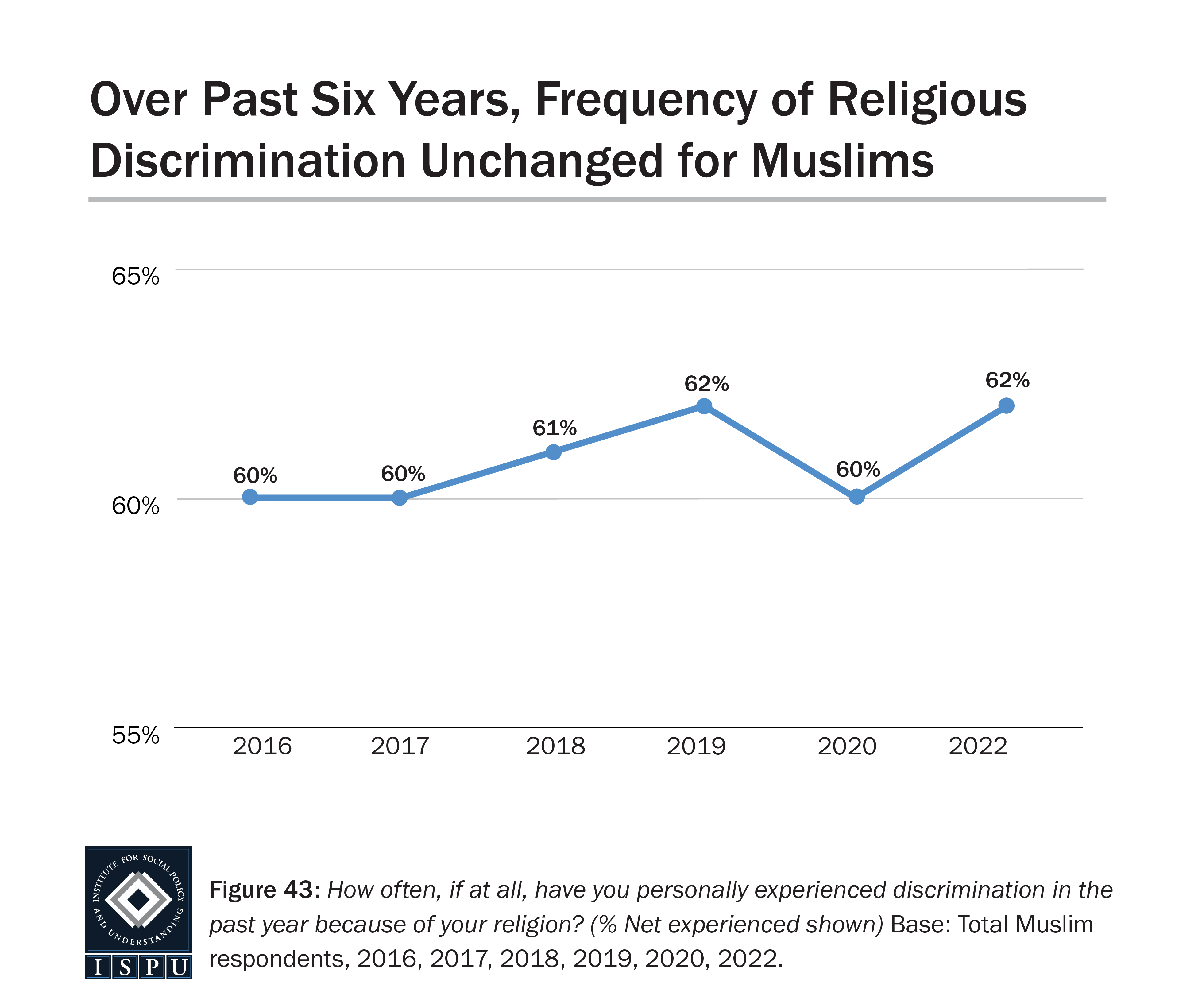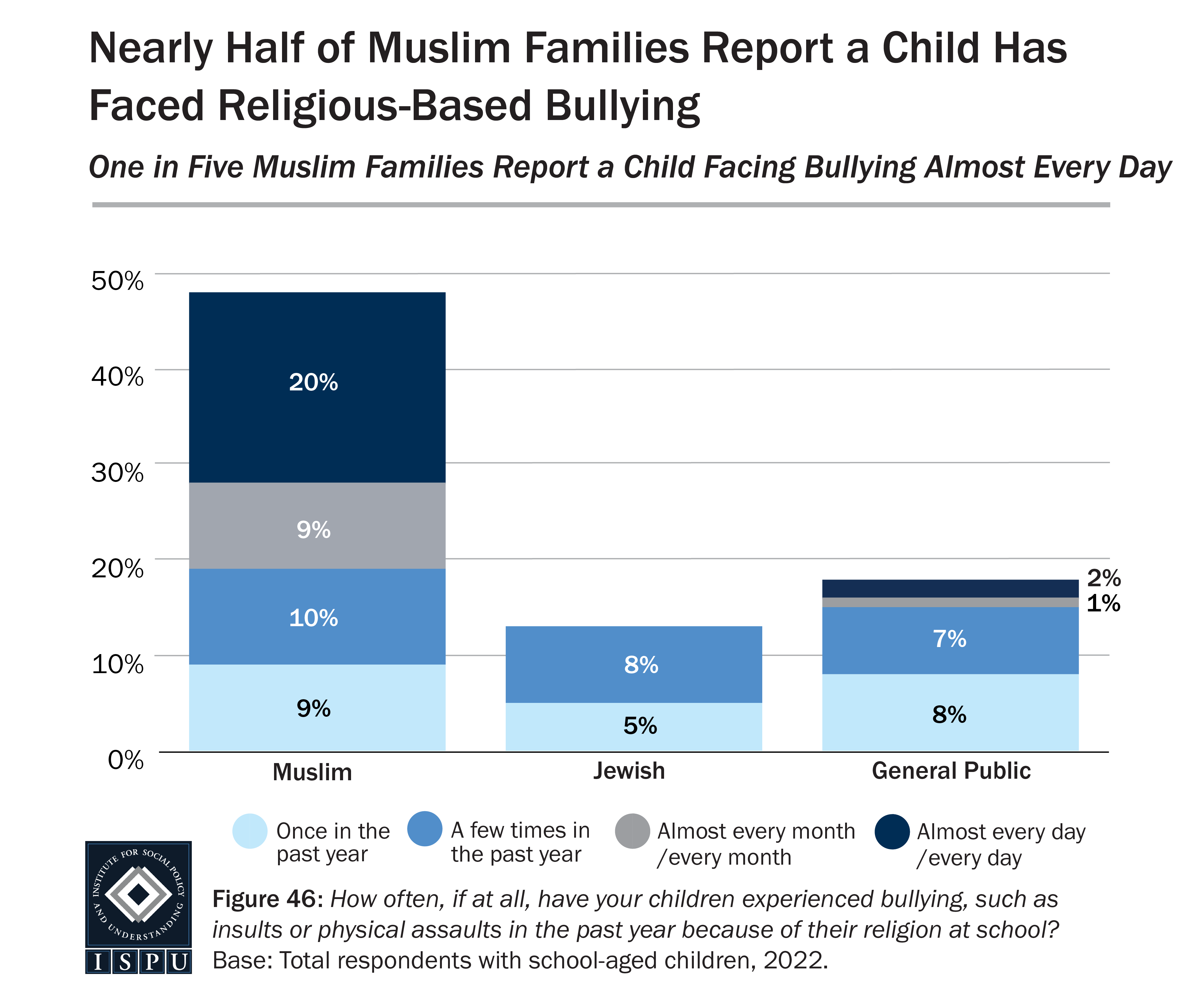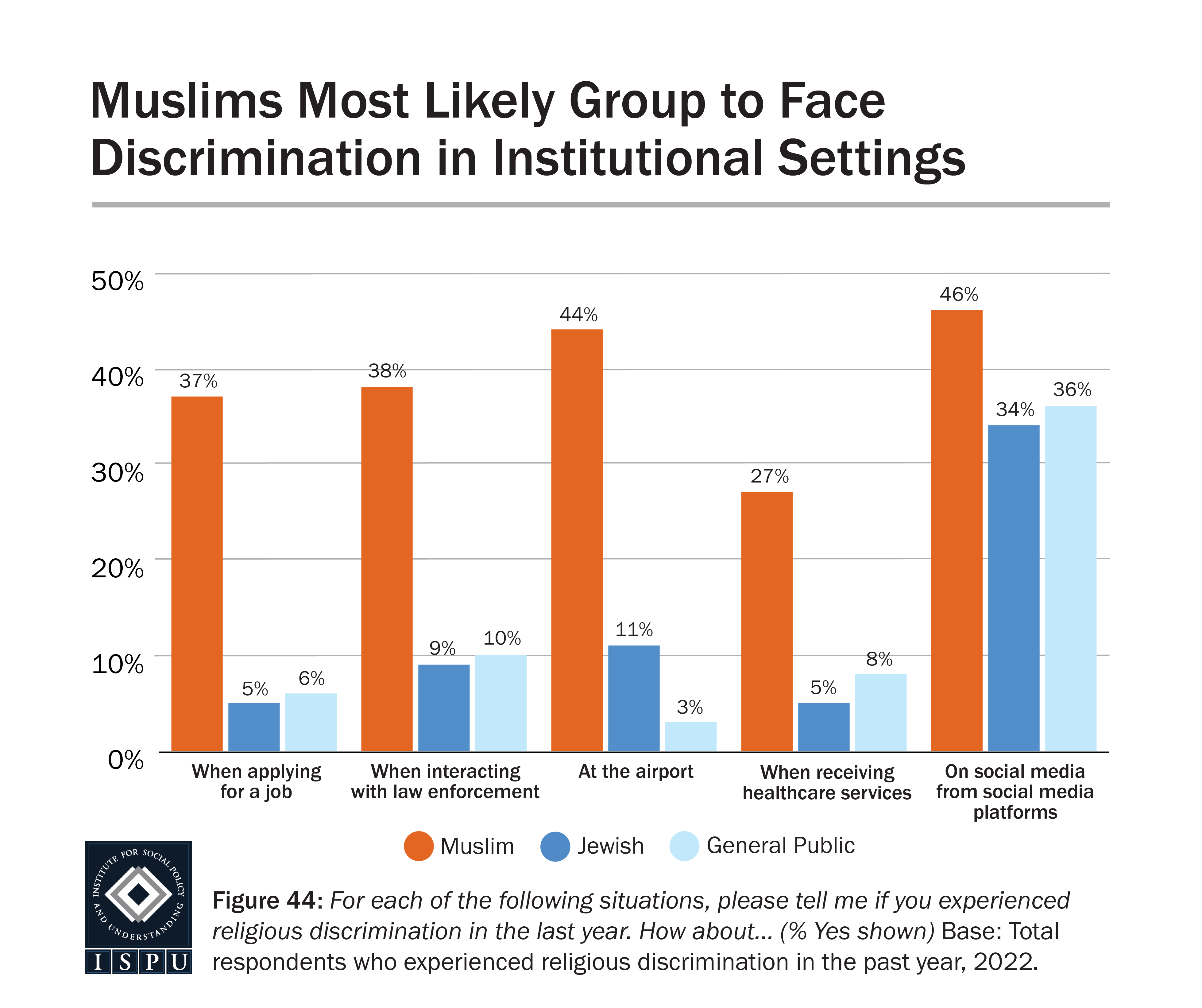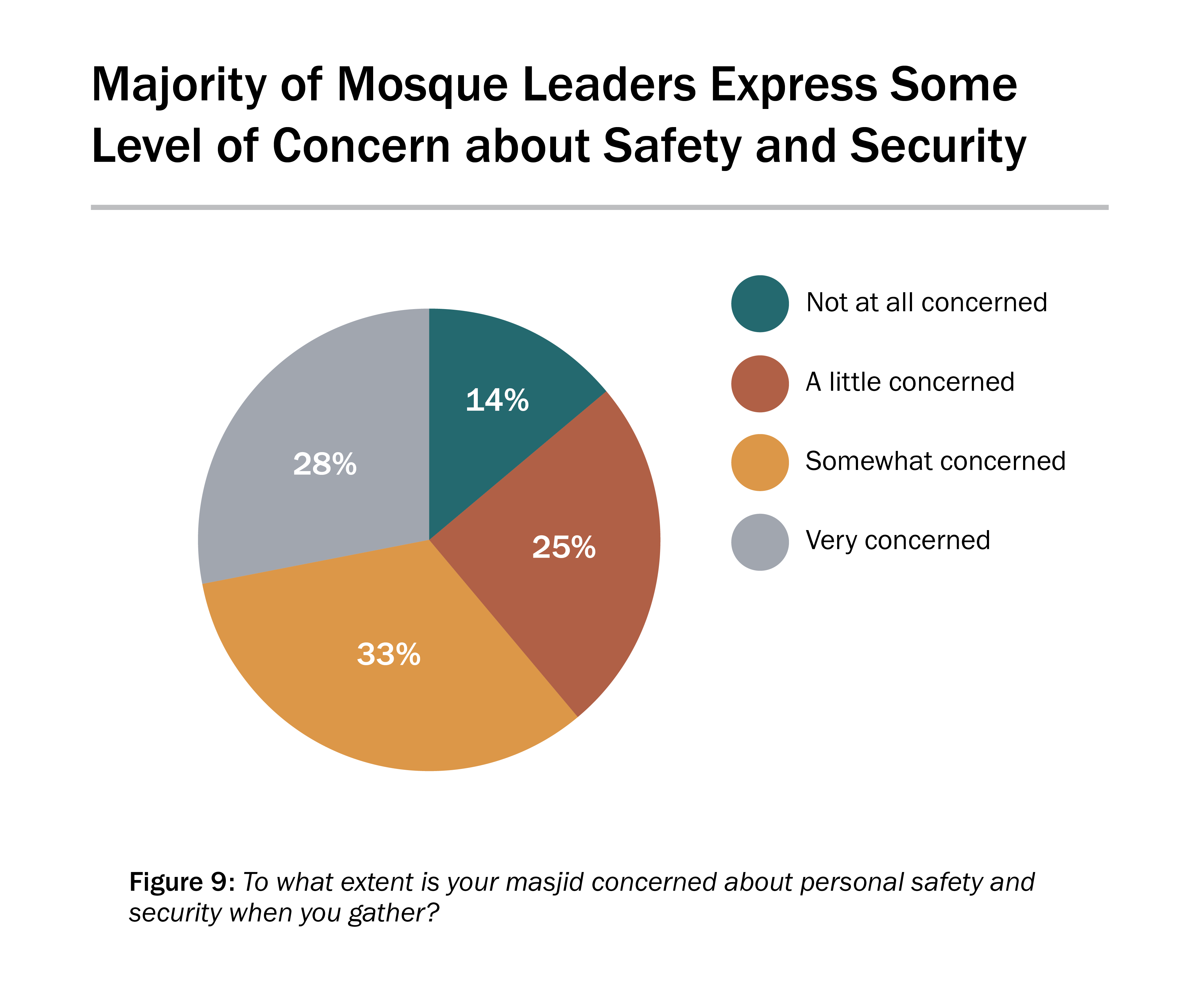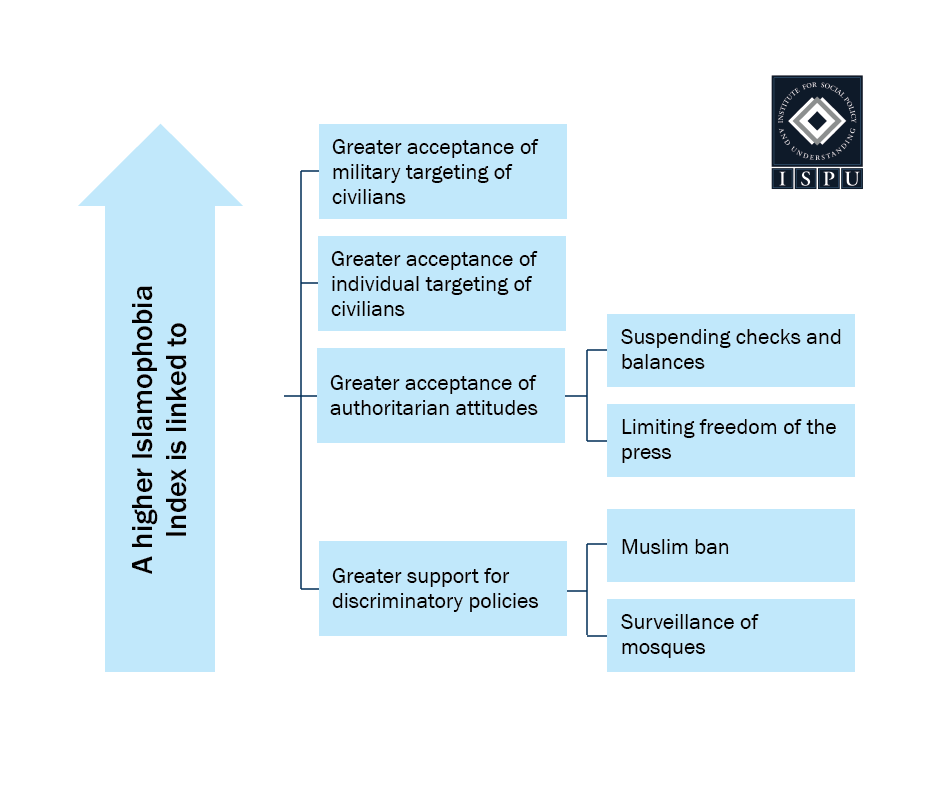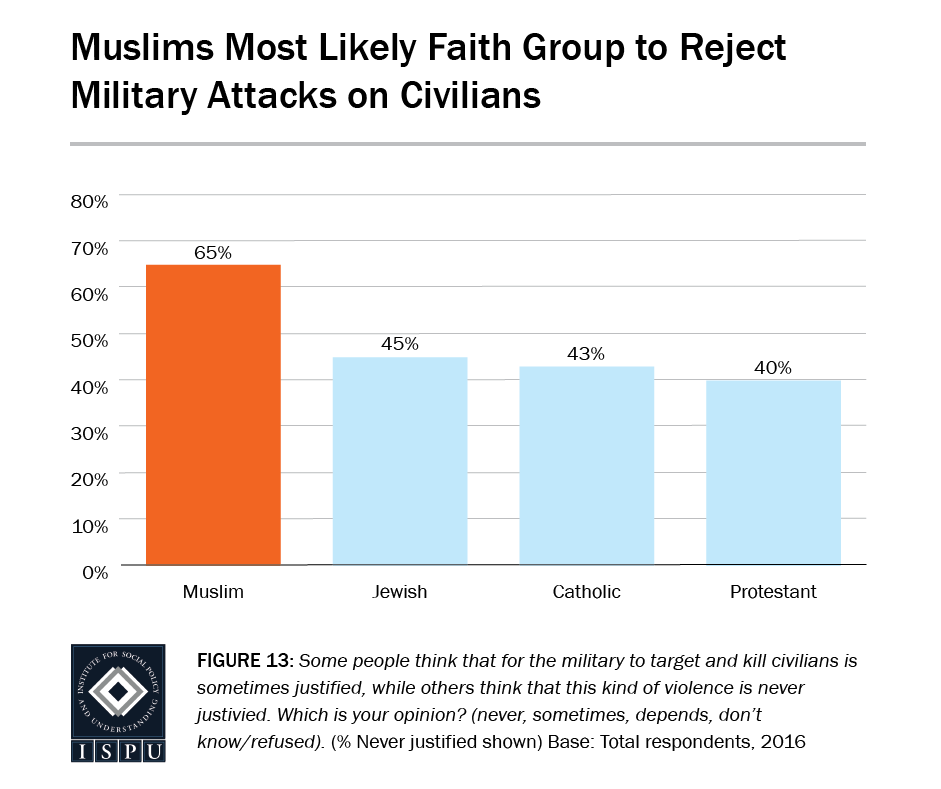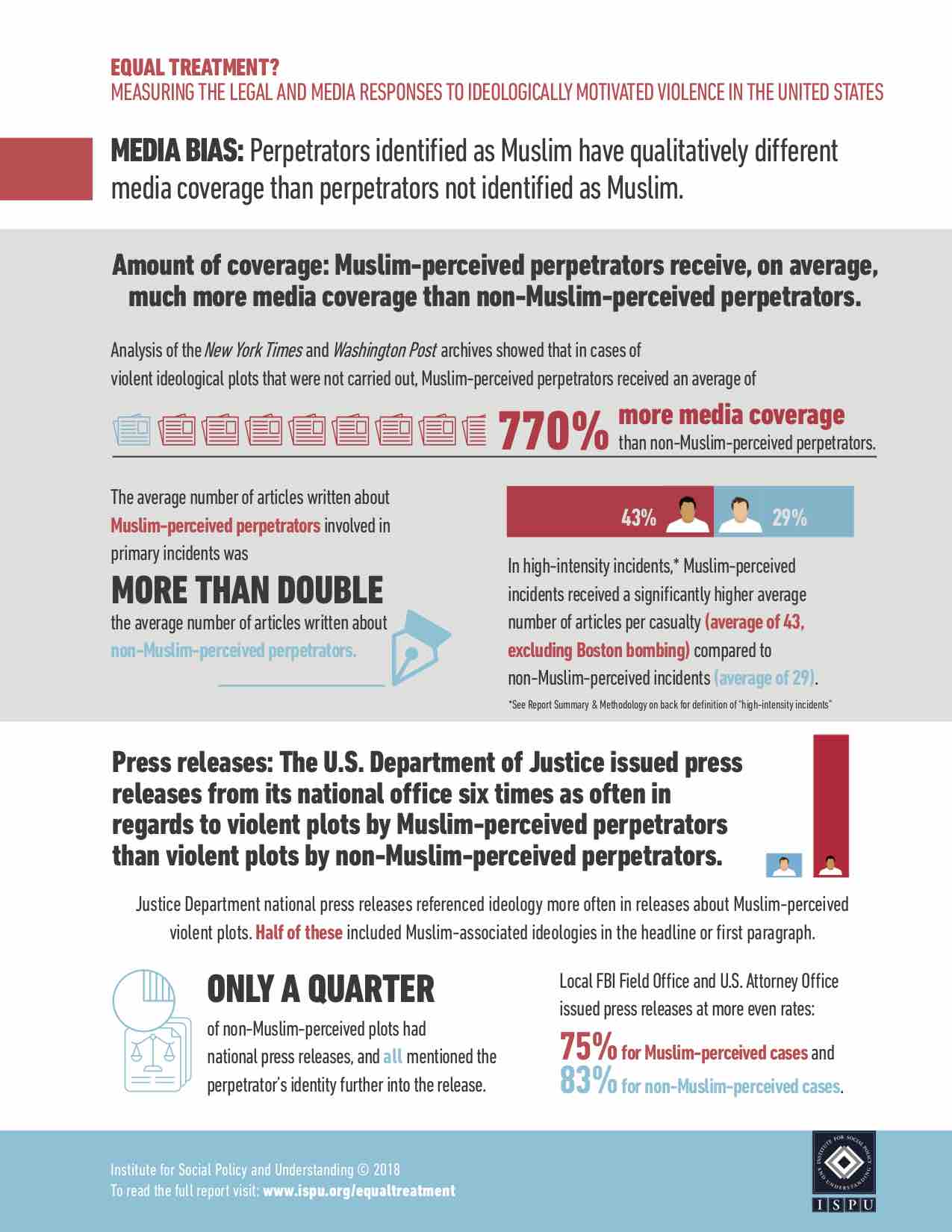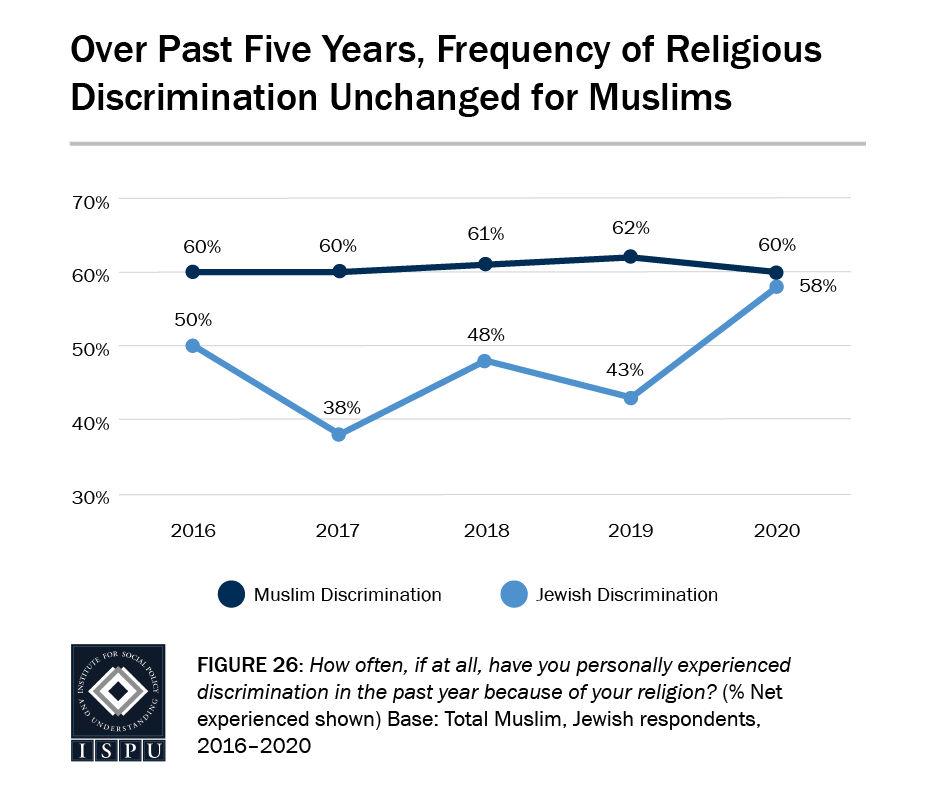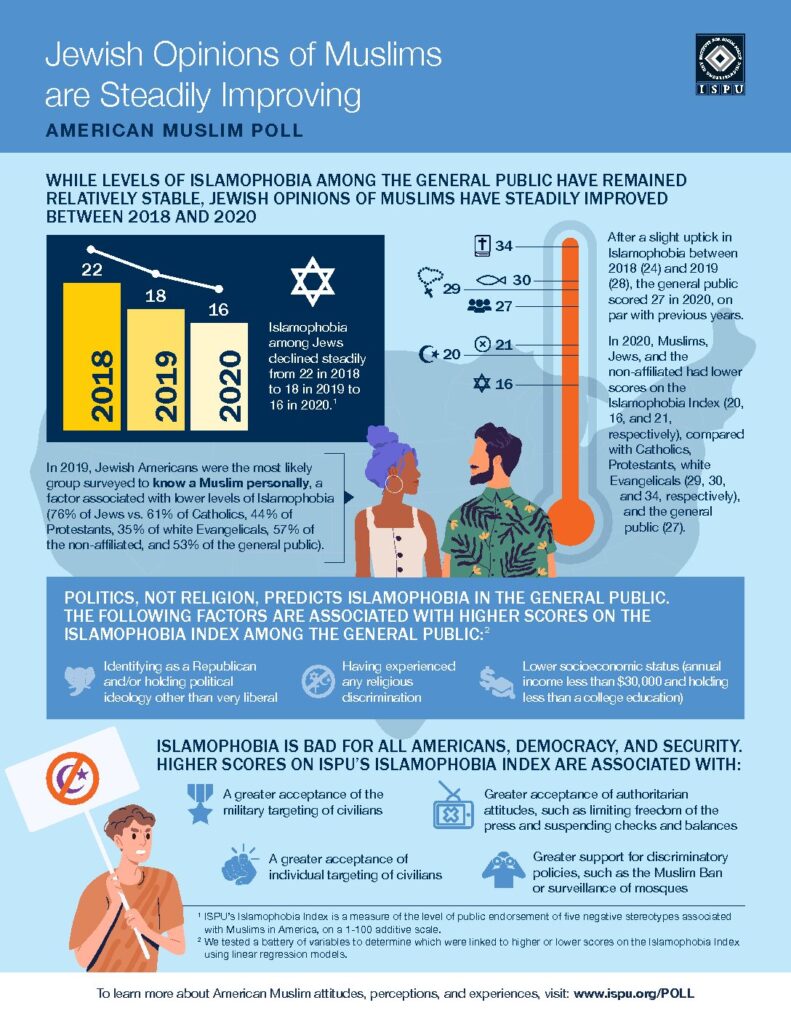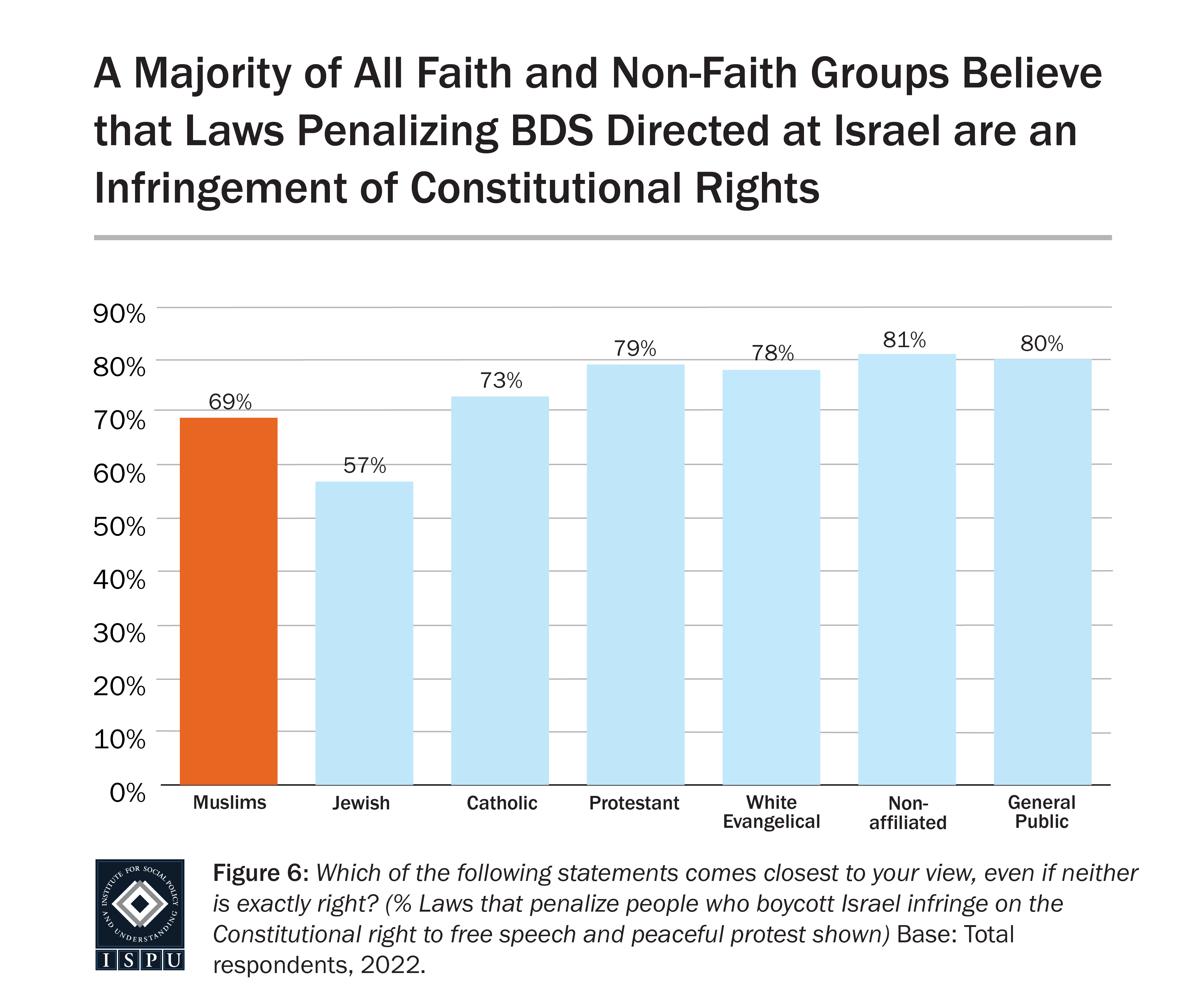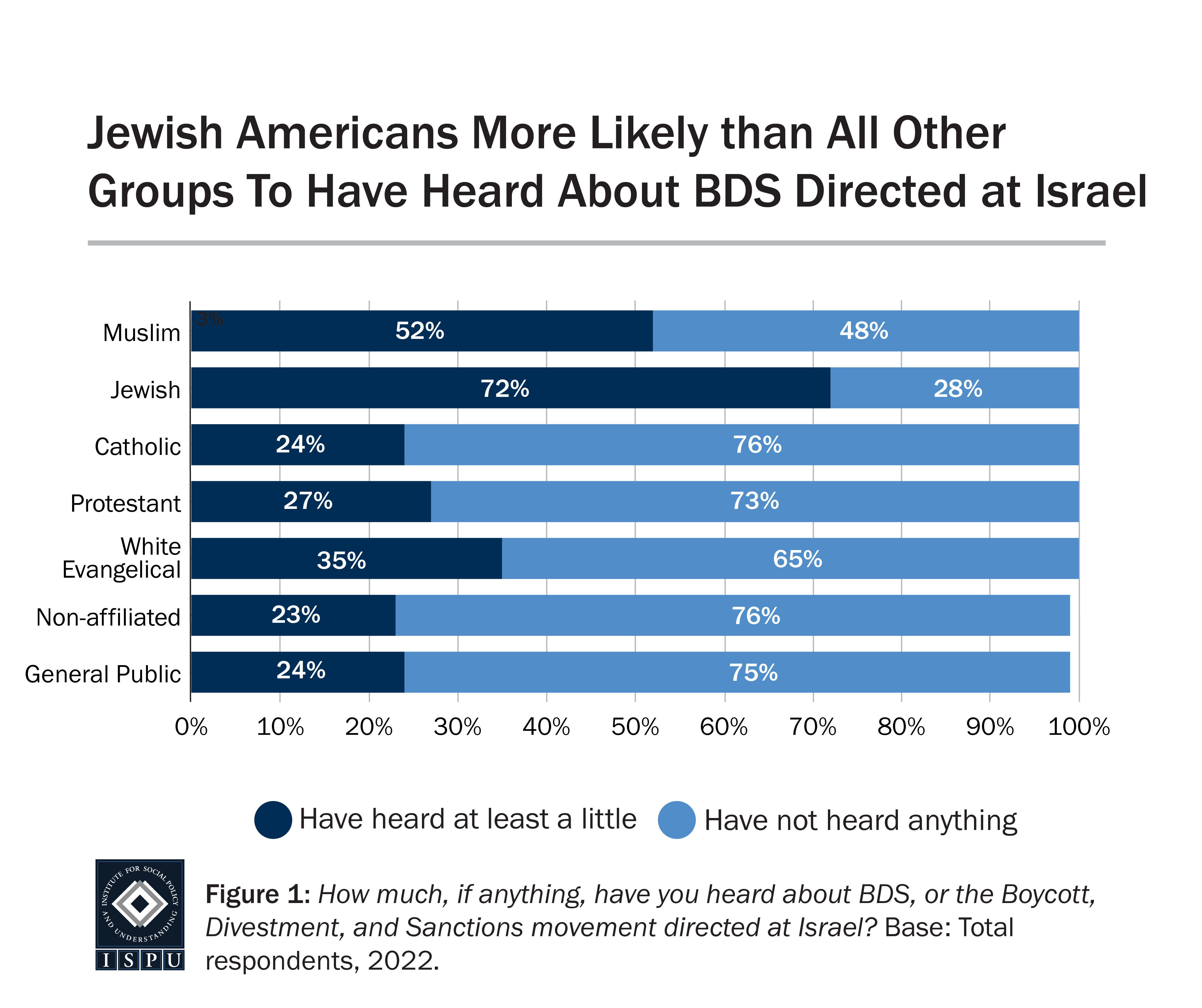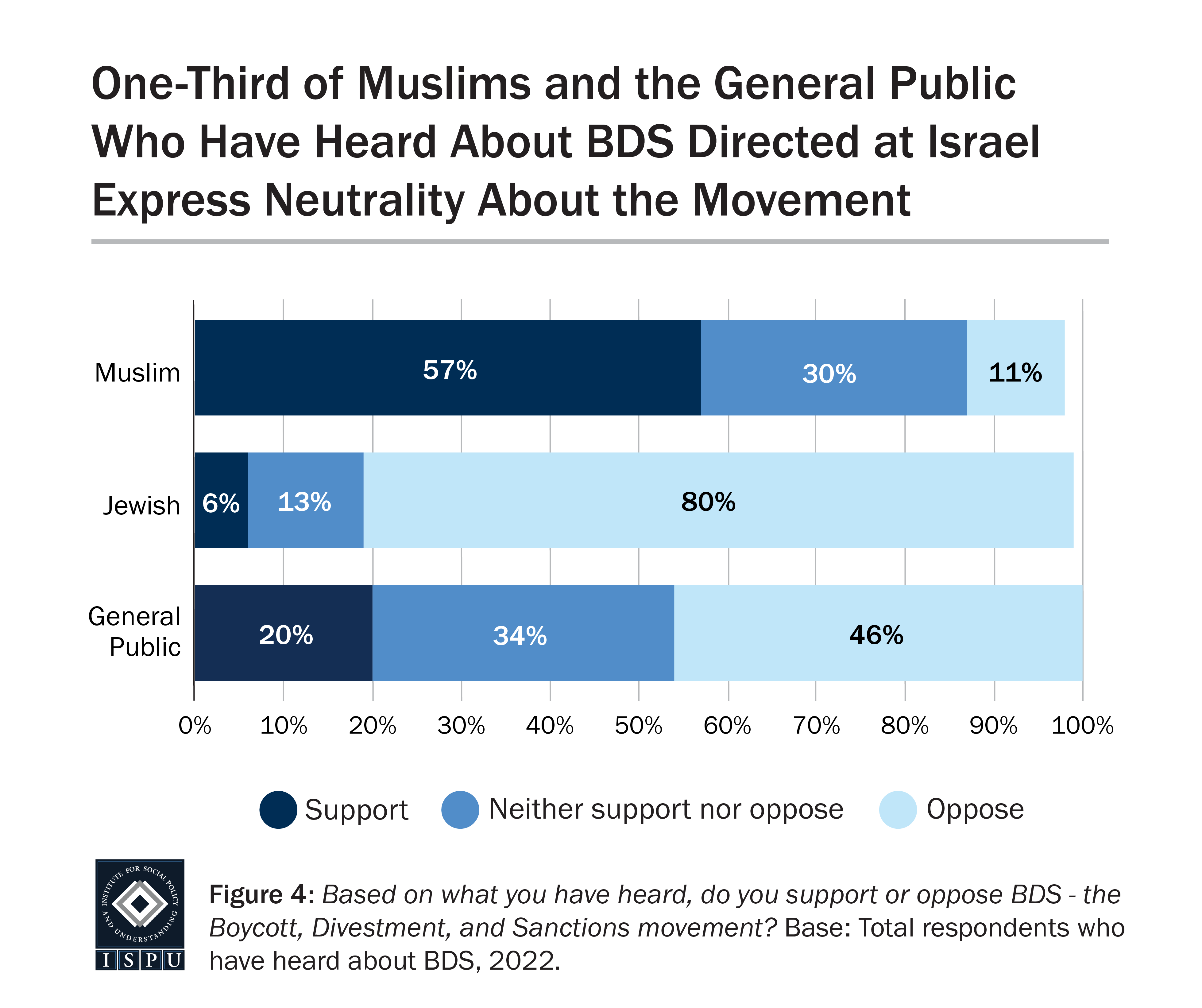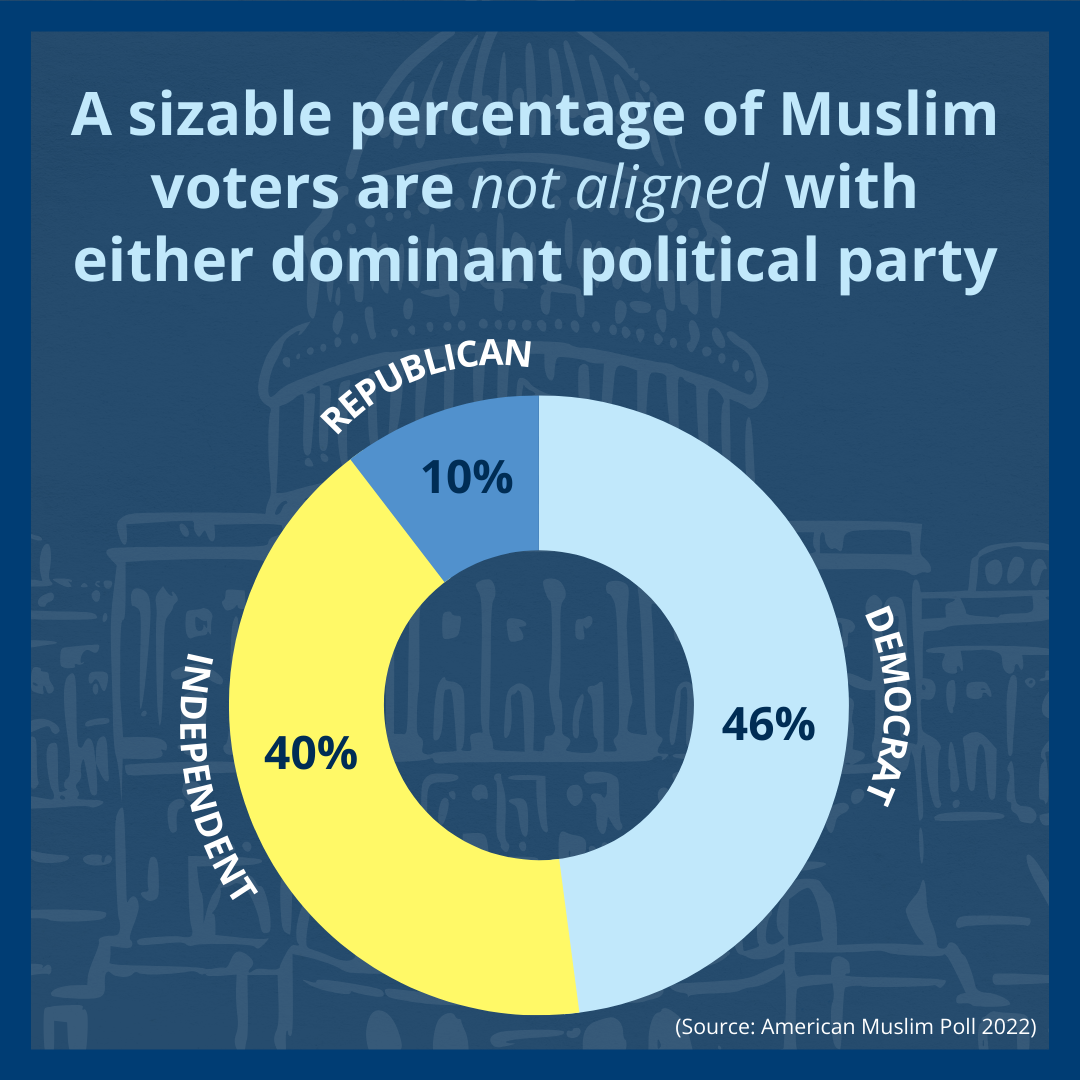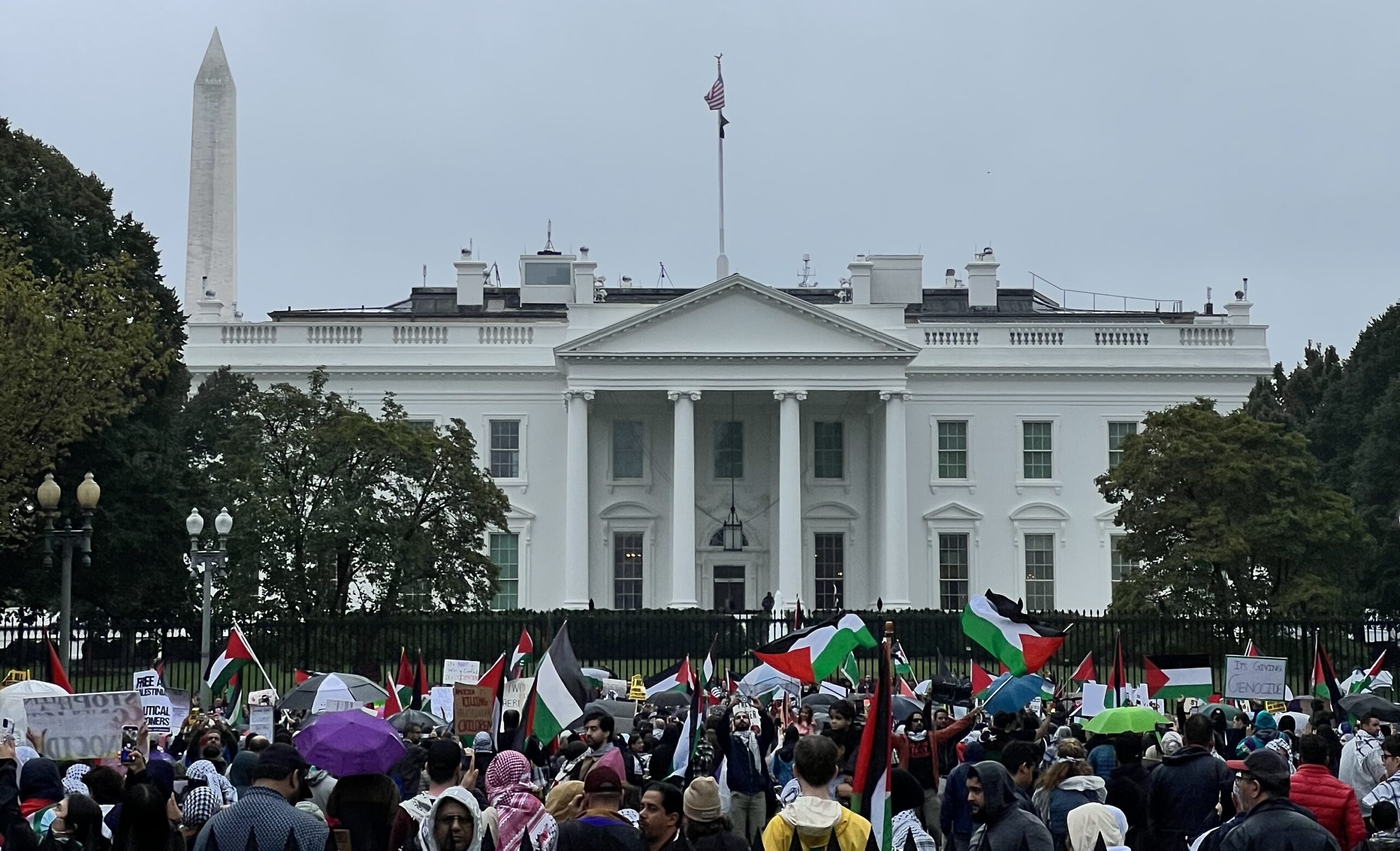
The destruction and skyrocketing death toll in Gaza has horrified the world, as did the attacks in Israel on October 7. As the worsening crisis continues to unfold overseas, the ramifications in the American context have included Islamophobic, anti-Arab, and antisemitic actions and incidents, including the murder of 6-year-old Palestinian American Wadea Al-Fayoume, killed by his family’s landlord in Illinois in a hate-fueled attack that also injured his mother.
On university campuses, within workplaces and beyond, the limits of the right to free speech and to assembly, guaranteed by the First Amendment, are being tested. Students and faculty at educational institutions are facing pressure and threats of being doxxed, defamed, and disavowed on campuses and by potential employers for expressing themselves. Similar scenarios are playing out in workplaces. Social media platforms are being accused of censoring users posting in support of Palestinians. Muslim/Jewish relationships, strong in recent years, are also being tested, and there are looming questions about how current events will affect the 2024 US elections, with political rhetoric alienating a wide swathe of Muslim and Arab voters.
Within this context, ISPU offers a selection of research and resources that can lend perspective on these domestic issues arising. This includes:
-
- Research focused on combating anti-Muslim hate and bigotry, the impact of political rhetoric on Muslims, media coverage of violence, the right to protest and views on the Boycott, Divestment and Sanctions (BDS) movement, Muslim/Jewish relationships, antisemitism, and Muslim political participation and affiliation.
- Toolkits for addressing and mitigating the impacts of current events on American Muslims.
- ISPU Scholar analysis and tools on what is taking place.

Research and Resources on American Muslims and the Impact in the United States of Events in Palestine, Israel, and Surrounding Region
The destruction and skyrocketing death toll in Gaza has horrified the world, as did the attacks in Israel on October 7. As the worsening crisis continues to unfold overseas, the ramifications in the American context have included Islamophobic, anti-Arab, and antisemitic actions and incidents, including the murder of 6-year-old Palestinian American Wadea Al-Fayoume, killed by his family’s landlord in Illinois in a hate-fueled attack that also injured his mother.
On university campuses, within workplaces and beyond, the limits of the right to free speech and to assembly, guaranteed by the First Amendment, are being tested. Students and faculty at educational institutions are facing pressure and threats of being doxxed, defamed, and disavowed on campuses and by potential employers for expressing themselves. Similar scenarios are playing out in workplaces. Social media platforms are being accused of censoring users posting in support of Palestinians. Muslim/Jewish relationships, strong in recent years, are also being tested, and there are looming questions about how current events will affect the 2024 US elections, with political rhetoric alienating a wide swathe of Muslim and Arab voters.
Within this context, ISPU offers a selection of research and resources that can lend perspective on these domestic issues arising. This includes:
-
- Research focused on combating anti-Muslim hate and bigotry, the impact of political rhetoric on Muslims, media coverage of violence, the right to protest, and views on Boycott, Divestment and Sanctions (BDS) movement, Muslim/Jewish relationships, antisemitism, and Muslim political participation and affiliation.
- Toolkits for addressing and mitigating the impacts of current events on American Muslims.
- ISPU Scholar analysis and tools on what is taking place.
Muslims are negatively impacted by political rhetoric:
-
- Muslims are negatively impacted by politics and political rhetoric:
- More than one-third of Muslims reported experiencing fear and anxiety post 2016 election.
- The impacts measured included: suffering enough stress/anxiety to believe mental health services were necessary; making plans to leave the country if necessary, and fearing for personal or family safety from white supremacist groups
- Leaders shape the way the public responds to events. Research from Pew Research Center shows anti-Muslim violence spiked in times of heightened political rhetoric. In fact, assaults against Muslims were higher in 2016 than any year on record, including right after 9/11.
- More than one-third of Muslims reported experiencing fear and anxiety post 2016 election.
- Most Americans believe that negative political rhetoric toward Muslims is harmful to the United States.
- And, most Americans say they want to live in a country where no one is targeted for their religious identity.
- Muslims are negatively impacted by politics and political rhetoric:
Islamophobia is pervasive, systemic and a threat to all:
Some key points:
-
- Muslims are the most likely faith group measured to face religious discrimination
- This has held steady over many years with the majority of Muslims experiencing Islamophobia year after year.
- Nearly half (48%) of Muslim families with school-age children reported having a child who faced religious-based bullying in the past year. 42% of families reported their child was bullied by a teacher or school official at school and 19% from a teacher or school official online.
- Discrimination from social media platforms: Nearly half (46%) of Muslims who have experienced any religious discrimination in the past year have experienced discrimination from social media platforms. This discrimination may manifest in several ways including having messages removed, accounts suspended or closed, or being completely kicked off a platform.
- A majority of mosque leaders are concerned about personal safety and security at their houses of worship when they gather.
- Islamophobia is linked to acceptance of anti-democratic, authoritarian and discriminatory policies
- These include: greater acceptance of military targeting of civilians; greater acceptance of individual targeting of civilians; greater acceptance of authoritarian attitudes, including suspending checks and balances and targeting of the press; and greater support for discriminatory policies, including the Muslim Ban and surveillance of mosques.
Media helps shape how events are understood:
-
- Collective blame is harmful and inaccurate
- Collective blame is the idea that most of a group (a racial, religious, or other group) are partially responsible for acts of violence carried out by other members of that group.
- Research shows that while the US media portrayals depict Muslims as more prone to violence than other Americans, they are, in fact, at least as likely to reject violence.
- Muslims are the most likely faith group measured to reject the military targeting of civilians, with 65% saying that it is never justified.
- Muslims are as likely as others to reject violence by individuals against civilians.
- The media shapes how current events are perceived. ISPU offers a journalist toolkit with strategies on covering Muslims in the US and the issues that impact them.
- Perpetrators of ideologically motivated violent plots that were not carried out who were perceived to be Muslim have qualitatively different media coverage (770% more) than perpetrators not identified as Muslim.
- Collective blame is harmful and inaccurate
In recent years Muslim/Jewish relationships have been strong:
-
- Jewish and Muslim relationships have been strong in recent years
- While levels of Islamophobia among the general public have remained steady, Jewish opinions of Muslims have steadily improved.
- In 2019, Jewish Americans were the most likely group surveyed to know a Muslim personally, a factor associated with lower levels of Islamophobia.
- Jewish Americans are, after Muslims, the next most likely American religious group to report experiencing religious discrimination.
- This has held steady over many years. (Trend data)
- Research shows antisemitism and Islamophobia, along with anti-Black racism, are branches on the same tree of bigotry, which harm all Americans.
- Jewish and Muslim relationships have been strong in recent years
The majority of Americans view laws that penalize the boycott of Israel as an infringement on constitutional rights:
-
- The first amendment protects the right to assemble and express views through protest. The Boycott, Divestment and Sanctions (BDS) movement is one form of protest. While there are varying degrees of knowledge about and agreement with BDS, the majority of Americans view laws that penalize the boycott of Israel as an infringement on constitutional rights.
- In fact, regardless of knowledge about the Boycott, Divestment, and Sanction movement and level of support, 4 in 5 Americans in the general public, as well as majorities of all faith and non-faith groups, hold the view that laws penalizing people for participating in the BDS movement are an infringement of constitutional rights.
A sizable percentage of Muslim voters are not aligned with either dominant political party:
-
- American Muslims are equally likely to politically identify as Democrats or Independents. (AMP 2022)
- Forty-six percent of Muslims identify as Democrats, as likely as Jews (45%) and the nonaffiliated (40%) and more likely than Catholics (35%), Protestants (25%), white Evangelicals (6%), and the general public (32%).
- 40% of Muslims identify as Independents, more likely than any other group (17%-32%).
- One in ten Muslims identify as Republicans, on par with the nonaffiliated (11%) but lower than all other groups (18%-69%).
- The youngest Muslims aged 18-29 are less likely than their elders to identify with a party. Among 18-29-year-old Muslims, nearly half identify as Independents (49%) compared to just a third of 30-49-year-olds (33%). Likewise, younger Muslims are less likely to identify as Democrats compared to those 30-40 years old (39% vs. 51%, respectively).
- The large politically independent segment among Muslims suggests that many Muslims make voting decisions based more on changing policy issues and less along fixed partisan lines. It also suggests that many Muslims don’t identify with either party’s platform in full.
- American Muslims are equally likely to politically identify as Democrats or Independents. (AMP 2022)
Additional Related ISPU Resources:
-
- Ceasefire Poll 2024: Religious Groups’ Views on Ceasefire
- Educator’s Toolkit
- Mental Health Toolkit
- Islamophobia is Pervasive, Systemic and a Threat to All: Resources
- Countering Anti-Muslim Mosque Opposition Toolkit
- Countering and Dismantling Islamophobia Toolkit
- Briefing Book for Policymakers and Government Administrators Toolkit
- Islamophobia Toolkit
- American Muslims 101
- Religious Based Bullying and Evidence Based Resources
ISPU Scholar’s Work:
Disclaimer: the work linked below reflects the view of the authors and does not necessarily reflect the view of ISPU. ISPU scholars provide insight into the major debates taking place across the country. They offer context-specific analysis and recommendations to journalists, policymakers, and the general public. Explore ISPU’s full list of scholars here.
-
- Arsalan Iftikhar: U.S. Polls Show Shifting Landscapes on Gaza Ceasefire (The Bridge Initiative at Georgetown University)
- Saher Selod (ISPU Director of Research): Majority of US voters want Gaza cease-fire. Do Jewish, evangelical faithful agree? (USA Today)
- Moustafa Bayoumi: Standing up for Palestine is Also Standing up to Save the West from the Worse of Itself (The Guardian)
- Moustafa Bayoumi: The Double Standard with Israel and Palestine Leaves us in Moral Darkness (The Guardian)
- Rutgers Center for Security, Race and Rights (Sahar Aziz): Teach-In on Gaza
Note: This is a living document, and additional resources will be added as needed.


